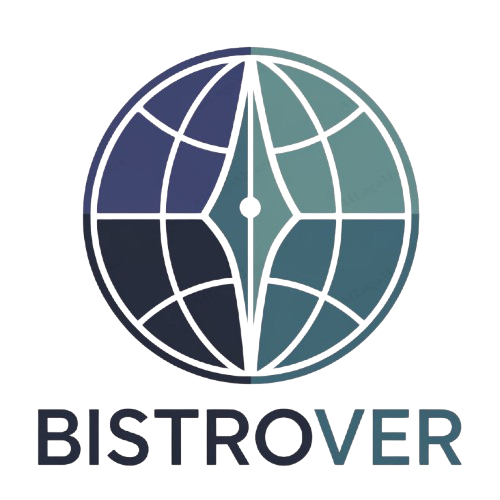Helpful Tips for College Students Trying To Make Time for Fun
College is an exciting period of transformation, learning, and personal growth. However, balancing academic responsibilities with personal interests and leisure activities can be challenging for many students. Proper management and organization can make a world of difference in a student’s life, ensuring both academic success and a fulfilling social life. With the right strategy, students can maximize their college experience without compromising their studies. Below are helpful tips for optimizing time to make room for both study and play.
Balancing Academic Responsibilities With Leisure Activities
Finding an equilibrium between schoolwork and relaxation is crucial for any college student. To start, it’s important to prioritize tasks and understand that not everything can be achieved at once. Prioritizing allows students to address the most critical academic responsibilities first, providing a clearer picture of potential time slots for leisure.
Once the academics are in order, scheduling regular breaks for rest and enjoyment can help maintain a healthy balance. Breaks refuel the mind and allow for better concentration when it’s time to hit the books again. These pauses could be short walks, a quick casino games session, or simply a moment of quiet. Playing casino-style games at a social casino is a great way to take breaks from academic responsibilities.
Establishing boundaries is also key to achieving a good balance. Learning when to say no to additional commitments, whether social or academic, is vital in managing one’s time effectively. By sticking to a well-thought-out plan, students can prevent burnout and keep their minds fresh for learning.
Lastly, staying flexible is just as important as maintaining a schedule. Sometimes unexpected opportunities for fun or unique learning experiences arise, and being able to adapt while keeping academic goals in sight is a skill worth developing.
Creating a Structured Weekly Schedule for Study and Play
Designing a structured weekly schedule is among the most effective techniques for efficient time management. By allocating specific time slots for studying and separate times for leisure activities, students can create a visual representation of how their week will unfold.
When crafting this schedule, it’s essential to be realistic about the time needed for different tasks. Underestimating study time or overcommitting to social events often leads to stress and a sense of being overwhelmed. Balance in scheduling is the goal. For those looking into a specialized area like health informatics, using dedicated resources like a health informatics field guide may offer a directed and efficient approach to mastering complex subjects.
Additionally, setting aside hours for leisure within the weekly planner ensures that students have something to look forward to. This division of academic and personal time can increase motivation and productivity, as students work with the promise of leisure as a reward.
Harnessing Time Management Tools for Efficient Studying

In the era of digital technology, there are various time management tools available that can aid in efficient studying. Apps and online planners allow students to set reminders for assignments, exams, and even break periods. These tools often come with customizable features that cater to individual needs and study habits.
Some tools are designed specifically for managing complex projects or collaborating with classmates, which can significantly streamline group work and research projects. Utilizing these platforms, students can share resources and communicate effectively, ultimately saving time and energy.
Another strategy is employing study techniques such as the Pomodoro Technique, which involves focused study sessions followed by short breaks. This method encourages intense concentration and purposely segmented downtime to revitalize the mind.
Making the Most of Campus Resources for Well-rounded College Life
Another vital aspect of ensuring a well-rounded college life is by taking advantage of varied campus resources. Most universities provide students with access to libraries, study centers, and tutoring services that can make studying more effective and less time-consuming.
Participation in campus clubs and organizations is also a strategic way to combine socializing with interests that may align with academic goals. Whether it’s engaging in a debate society, writing for the school paper, or joining sports teams, these activities provide social interaction within a structured environment.
For relaxation and unwinding, institutions often host events like movie nights or concerts, giving students a way to enjoy their free time without leaving campus. This lets students take breaks from studying without the need for extensive planning or travel.
Additionally, career services and counseling centers can offer guidance on time management and stress relief, contributing to a more balanced approach to college life that acknowledges the importance of mental health and well-being.
Altogether, the journey through college life doesn’t have to be a seesaw battle between academics and fun. By setting clear priorities, using time management tools wisely, taking full advantage of campus resources, and allowing flexibility for those sparkling moments of spontaneity, students can nurture a fulfilling and well-balanced college experience.







